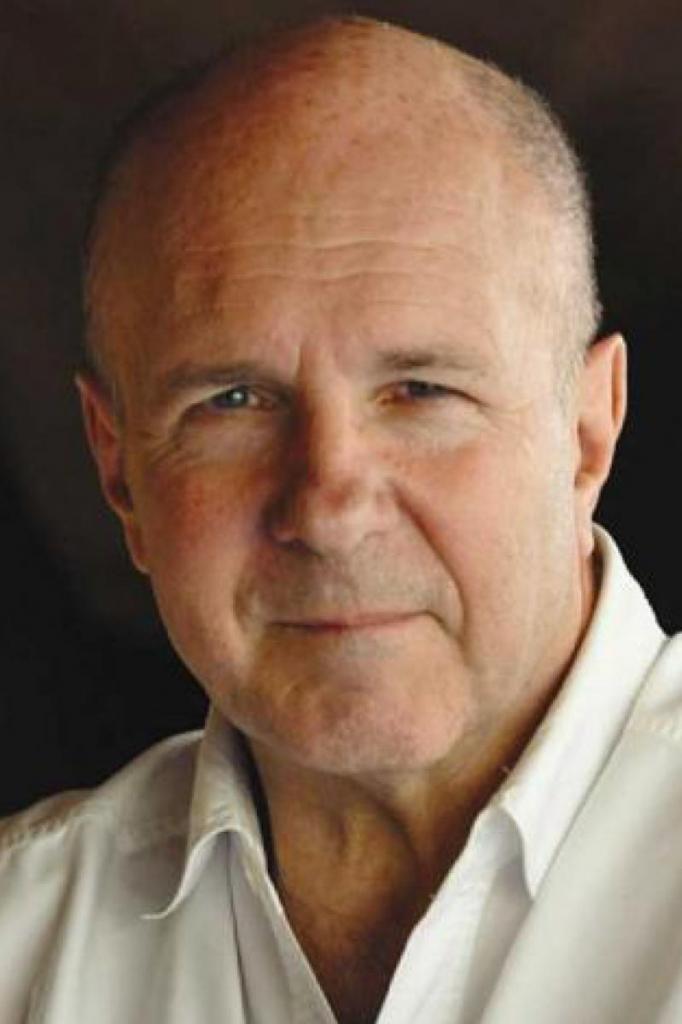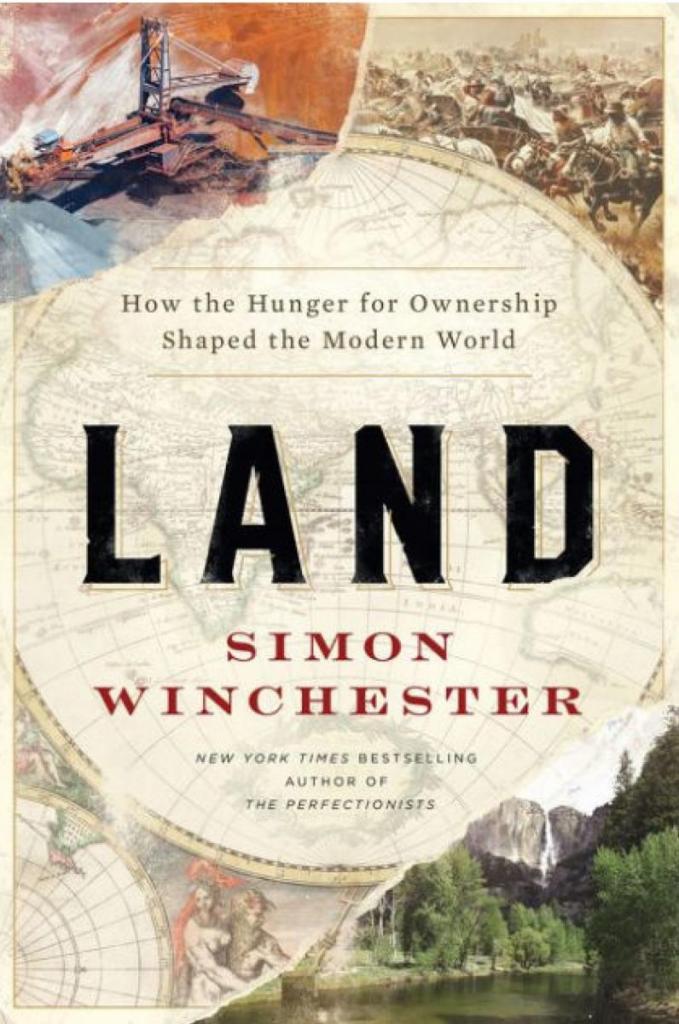Simon Winchester, Land: How the Hunger for Ownership Shaped the Modern World
"The latest sweeping, satisfying popular history from the British American author and journalist, this time covering a topic that many of us take for granted...Engaging revelations about land and property, often discouraging but never dull." - Kirkus Reviews
Land: How the Hunger for Ownership Shaped the Modern World examines in depth how we acquire land, how we steward it, how and why we fight over it, and finally, how we can, and on occasion do, come to share it. Ultimately, Winchester confronts the essential question: who actually owns the world’s land—and why does it matter?
Simon Winchester is the acclaimed author of many books, including The Professor and the Madman, The Men Who United the States, The Map That Changed the World, The Man Who Loved China, A Crack in the Edge of the World, and Krakatoa, all of which were New York Times bestsellers and appeared on numerous best and notable lists. In 2006, Winchester was made an officer of the Order of the British Empire (OBE) by Her Majesty the Queen. He resides in western Massachusetts. You can learn more on his website: www.simonwinchester.com.
This event was presented by the Philadelphia Athenaeum, part of the Membership Library Group.
Formed in 1991, the Membership Library Group (MLG) is a consortium of 16 membership libraries across the United States. The 16 organizations of the MLG are sharing resources to allow members to hear from and connect with some of the brightest and most innovative minds in literature, history, the arts, and the sciences.
Membership libraries trace their history in America to the 18th century when Benjamin Franklin founded the Library Company of Philadelphia. These libraries played a significant role in their communities. While most subscription libraries were replaced or taken over with the advent of free public libraries in the 19th century, several have survived and thrived.
More information about our sister institutions is available in the 2007 book America’s Membership Libraries.


